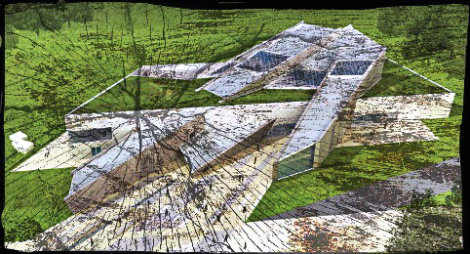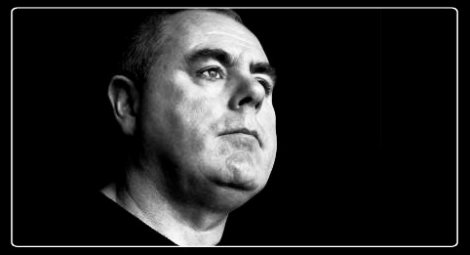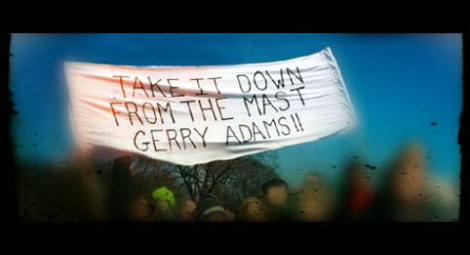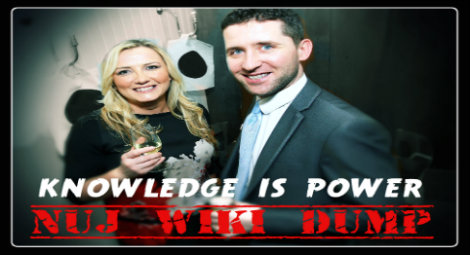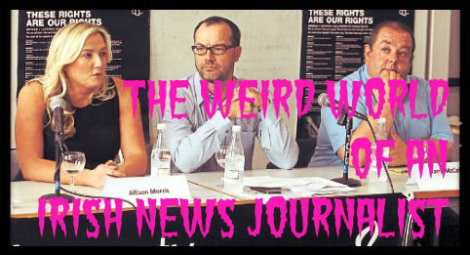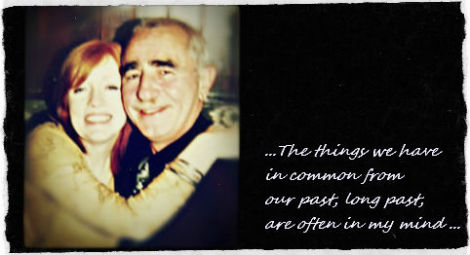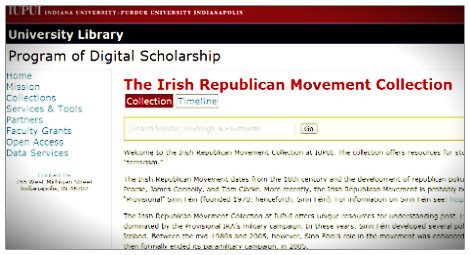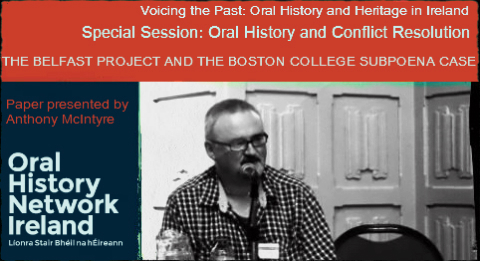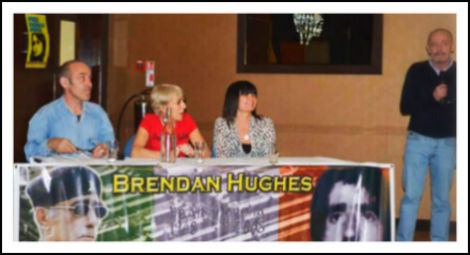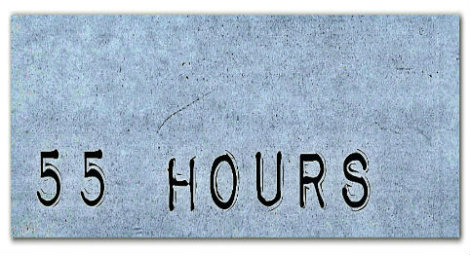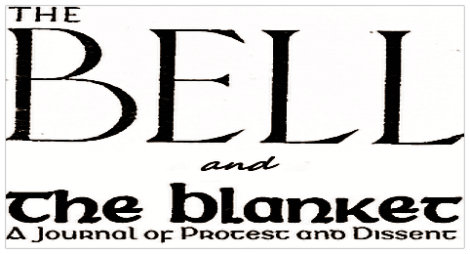As I write only days after the murder of Anna Politkovskaya, widely interpreted as marking the extinction of liberal dissent in Russia, the threat to the uncensored voice is growing. This is not the time for those who deal in ideas to practise self-censorship; it is time to defend democracy - Carol Seymour Jones, Chair of the Writers in Prison Committee, English PEN. October 2006.
PEN is the organisation behind this anthology edited by two of its leading lights, Lucy Popescu and Carole Seymour-Jones. The work takes its title from a poem featured in the collection. It was written by Mansur Muhammad Ahmad Rajih, a Yemeni writer who has endured exile, imprisonment, torture, and a false murder conviction for which he was sentenced to death. That he was later released, having first spent 15 years in prison, was a consequence of the type of international campaigning that this book shows to be so necessary.
The first page opened makes a point common to the authors of the writings on the pages that follow: ‘they have all been coerced into not writing.’ Some faced ‘the ultimate form of censorship – murder.’ In an internet age which has been heralded as one that is pushing out the boundaries of freedom of opinion the book protests that ‘Internet giants Yahoo! and Google are cooperating with repressive governments to silence dissidence.’ In the midst of ostensible opportunity for free expression the ubiquitous censor is determined not to be denied its prize – silence.
Prison, death and exile thematically structure Another Sky as its editors’ intention is to flag up three ways in which writers become prey for the censor. The spirit that animates the works chosen is exemplified by Angel Cuadra, held for 15 years in a Cuban prison. He captures the ethos of resistance that a writer must embody otherwise risk facing psychological destruction as in the much heralded new man of Cuban socialism, who is portrayed by Cuadra as a broken man.
After the horse is broken
They reward it with pats on the shoulder …
And he marches tame and docile
- Blind in his vomit -
Like a slinking dog
It need not be Havana or socialism. Examples abound from other places and regime types across the globe where the crushing of the writerly spirit is pursued by those determined to maintain the darkness.
The case of Ken Saro Wiwa poignantly illustrates that writing is not a mere pastime but an intensely political activity that often brings deadly opposition. He was hanged in Nigeria in 1995 because of his outspoken opposition against the oil giants Shell on behalf of the Ogoni people. Five days before his execution he wrote a piece ‘On the Death of Ken Sara Wiwa’ which was smuggled out of prison. In it he ‘described his own death and its aftermath.’ It displayed a level of detachment, presence of mind and conviction rarely seen in human beings staring murder in the face.
Within these pages there are many nuggets but one brilliant line leaps out and imposes its own full stop. The reader may carry on but takes little in as the mind drifts back to those words of the Turkmenistan writer Rakhim Esenov: ‘a ruler who does not befriend a poet is a fool, but a poet who tries to befriend a ruler is twice as stupid.’ We see it in the North of Ireland where one-time powerful artists now line up with the state. It did little for their writing or creativity and much for the legitimisation and refinement of state repression. Despite the prudence of Rakhim Esenov the state alone is not the sole censor. While many writers met their end through government persecution others provoked the ire of guerrillas. We learn from this collection that Thiagarajah Selvanithy was kidnapped and later killed by the Tamil Tigers.
For certain, wherever censors are to be found there too will congregate clerics. Little to express surprise at when the censors of Iran feature in the pages of Another Sky. The Iranian writer Akbar Ganji is the author of Dungeon of Ghosts. This wielder of the pen has been imprisoned and endured hunger strike, yet has been unrelenting in his exposure of the Iranian government formerly presided over by Akbar Hashemi Rafsanjani, for its involvement in the murders of five writers and intellectuals in 1998. In an insightful observation often overlooked by apologists for the totalitarian Left, Akbar Ganji commenting on Iranian society made the point that it hosted fascist movements but ‘there are also individuals whose psychological disposition drives them into fascist movements.’ The point is well made. Often we find that the Left, while not fascist in itself, draws the same type of disposition to its own ranks. They are attracted to the Left not by its politics but by its authoritarianism. And with consummate ease they adopt political postures that can only be considered fascistic. Today we find them siding with the whip wielding morality police rather than with the women whose flesh is being ripped to shreds by the thugs of Allah.
On the question of how writers should deal with the phenomenon of religious intolerance Orhan Pamuk is instructive.
To respect the humanity and religious freedoms of minorities is not to suggest that we should limit freedom of thought on their behalf. Respect for the rights of religious or ethnic minorities should never be an excuse to violate freedom of speech. We writers should never hesitate on this matter, no matter how ‘provocative’ the pretext.
Pamuk’s ‘crime’ was to validate the existence of genocide against the Armenians in 1915-17 when official Turkish policy is to deny it. Pamuk survived but his fellow writer Hrank Dink, who also features in Another Sky, was not as fortunate. He was murdered by a right wing death squad while awaiting trial on charges of having referred to the 1915 massacre of Armenians as genocide. Depending on whom the victims are Holocaust denial is encouraged in some regimes and affirmation punished by death.
Writers need to be able to think freely and not become automatons pushing a pen in the service of some political project. That is for bureaucrats not creative artists. The Zimbabwean Culture minister at one point in time got the notion into his head that writers should only write ‘socialist novels and plays.’ The type of dull world he wanted literature reduced to in which the main characters would address each other as comrade’ has little appeal – apart perhaps for dullards. And then because no one else would be allowed to write there could be no criticism of what is written and the situation would perpetuate itself. Imagine how rapidly a cultural environment would atrophy were that to be the ethos driving it. Thankfully Orwell gave us an all too vivid feel for that type of system and as a result its attraction has morphed into repulsion in the eyes of writers of all hues.
Not that rejection of the Cultural minister’s proposal made Zimbabwe a secure inkwell for pens. Chenjerai Hove outlining censorship in the country described its police as referring to journalism as ‘the crime of practicing journalism.’ While many of the writers in this anthology are well outside of their normal geographic environment, Hove made an important point about what constitutes exile. In order to be exiled one does not need to be banished from the country but merely denied the right to participate in its affairs.
It is not just far off places, alien to the West, that draw the ire of Another Sky. Documented in these pages is the experience of Cheikh Kone who fled the Ivory Coast and ended up in a detention centre in Freemantle Australia. There the conditions were atrocious and Kone describes how one prisoner attempted suicide by leaping from a tree. As he prepared to make his jump he cried in a voice containing both despair and cynicism, ‘I don’t want Australia anymore. Thank you, Australia, thank you, everybody.
On release Kone received a bill for $89,000 to cover the costs of his detention. He summed the experience up:
Between adolescence and adulthood a political ideal called democracy caught my attention. Amidst the mosaic of ideas that offered themselves I quickly became an advocate of this ideal, believing in its great strengths. After spending almost three years in an immigration detention centre in a so called democratic country, I don’t know what to believe in anymore.
Whatever you believe keep saying it.
Another Sky: Voices of conscience from around the world. Editors, Lucy Popescu and Carole Seymour-Jones. London: Profile Books.













